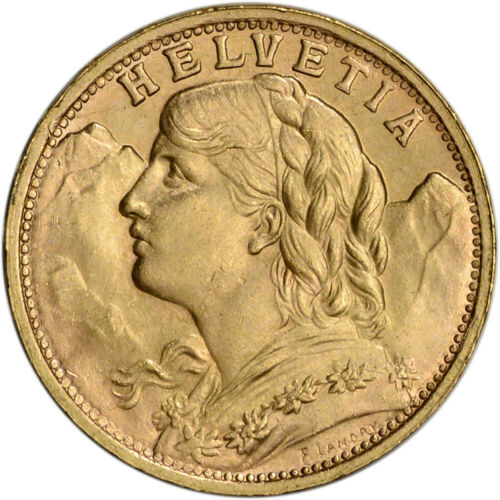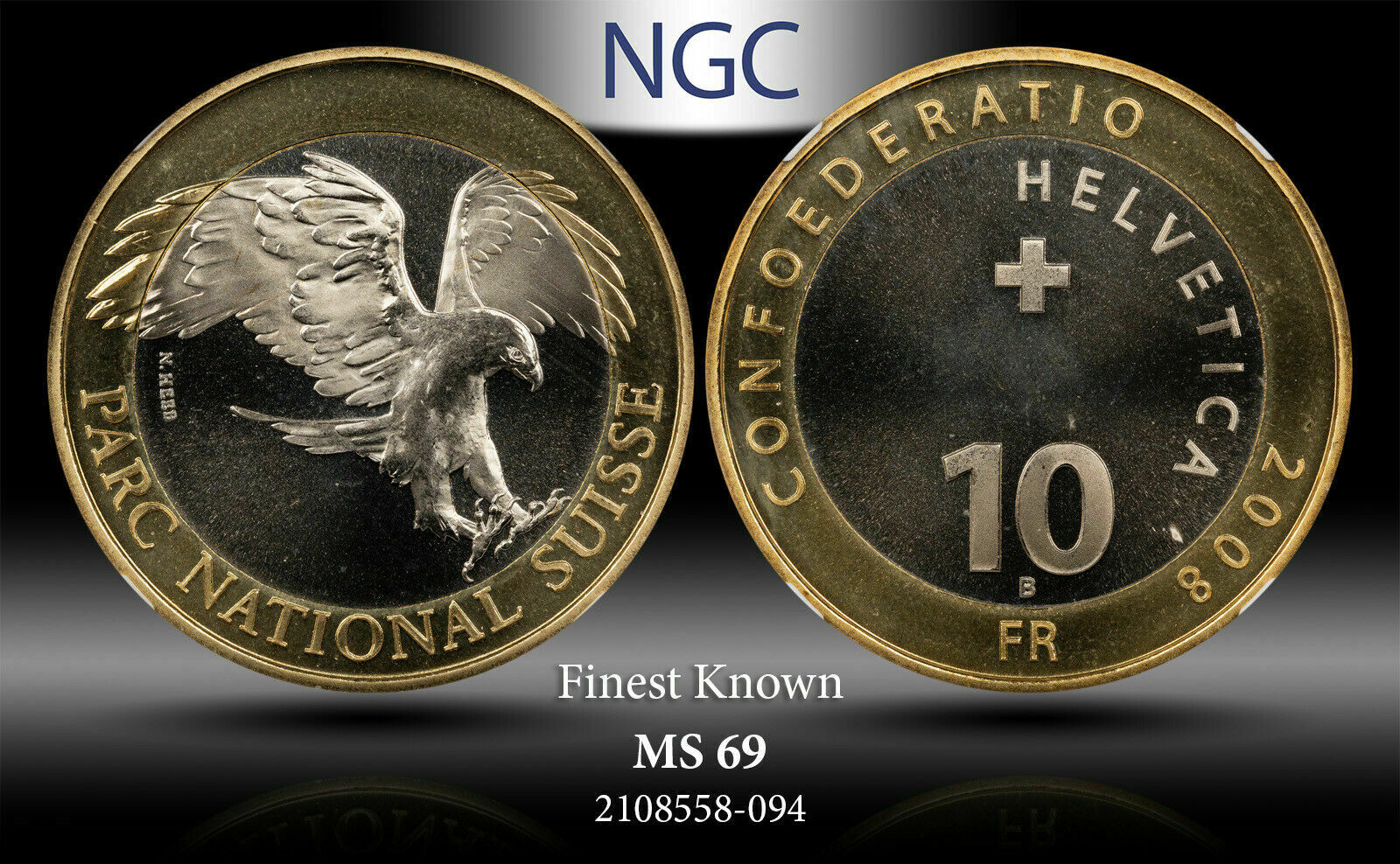-40%
1925, Switzerland (Confederation). Silver 5 Francs (5 Franken) Coin. NGC MS-63!
$ 242.7
- Description
- Size Guide
Description
CoinWorldTV1925, Switzerland (Confederation). Silver 5 Francs (5 Franken) Coin. NGC MS-63!
Mint Year: 1925
Mint Place: Bern (B)
Denomination: 5 Francs
References: Davenport: 393 KM-38.
Condition:
Certified and graded by NGC as MS-63!
Material: Silver (.900)
Diameter: 37mm
Weight: 25gm
Obverse:
Bust of William Tell (Swiss folk hero) right.
Legend: CONFOEDERATIO HELVETICA
Reverse:
Value (5 Fr.) above Swiss, flanked by sprays. Date (1925) and mint initial (B) below.
Authenticity unconditionally guaranteed.
Bid with confidence!
William Tell
(in the four languages of Switzerland: German:
Wilhelm Tell
; French:
Guillaume Tell
; Italian:
Guglielmo Tell
; Romansh:
Guglielm Tell
) is a folk hero of Switzerland. His legend is recorded in a late 15th century Swiss chronicle.
It is set in the period of the original foundation of the Old Swiss Confederacy in the early 14th century. According to the legend, Tell was an expert marksman with the crossbow who assassinated Gessler, a tyrannical reeve of Habsburg Austria positioned in Altdorf, Uri.
Along with Arnold Winkelried, Tell is a central figure in Swiss patriotism as it was constructed during the Restoration of the Confederacy after the Napoleonic era.
There are several accounts of the Tell legend. The earliest sources give an account of the apple-shot, Tell's escape and the ensuing rebellion. The assassination of Gessler is not mentioned in the
Tellenlied
, but is already present in the
White Book of Sarnen
account.
The legend as told by Tschudi (ca. 1570) goes as follows: William Tell, who originally came from Bürglen, was known as a strong man and an expert shot with the crossbow. In his time, the Habsburg emperors of Austria were seeking to dominate Uri. Albrecht (or Hermann) Gessler, the newly appointed Austrian
Vogt
of Altdorf, raised a pole in the village's central square, hung his hat on top of it, and demanded that all the townsfolk bow before the hat. On 18 November 1307, Tell visited Altdorf with his young son and passed by the hat, publicly refusing to bow to it, and so was arrested. Gessler - intrigued by Tell's famed marksmanship, yet resentful of his defiance - devised a cruel punishment: Tell and his son would be executed, but he could redeem his life by shooting an apple off the head of his son, Walter, in a single attempt. Tell split the apple with a bolt from his crossbow.
But Gessler noticed that Tell had removed two crossbow bolts from his quiver, not one. Before releasing Tell, he asked why. Tell replied that if he had killed his son, he would have used the second bolt on Gessler himself. Gessler was angered, and had Tell bound. He was brought to Gessler's ship to be taken to his castle at Küssnacht to spend his newly won life in a dungeon. But, as a storm broke on Lake Lucerne, the soldiers were afraid that their boat would founder, and unbound Tell to steer with all his famed strength. Tell made use of the opportunity to escape, leaping from the boat at the rocky site now known as the
Tellsplatte
("Tell's slab") and memorialized by the
Tellskapelle
.
Tell ran cross-country to Küssnacht. As Gessler arrived, Tell assassinated him with the second crossbow bolt along a stretch of the road cut through the rock between Immensee and Küssnacht, now known as the
Hohle Gasse
. Tell's blow for liberty sparked a rebellion, in which he played a leading part. That fed the impetus for the nascent Swiss Confederation. He fought again against Austria in the 1315 Battle of Morgarten. Tschudi also has an account of Tell's death in 1354 according to which he was killed trying to save a child from drowning in the Schächenbach river in Uri.
Only 1$ shipping on each additional item purchased!












